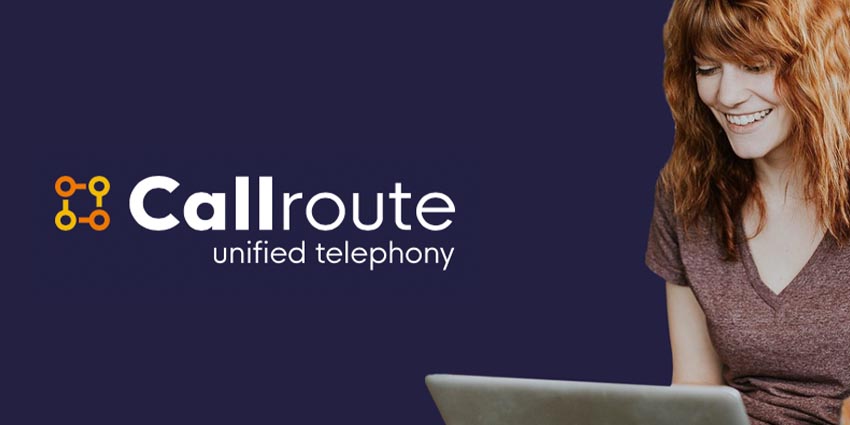There are plenty of resellers out there who want to get a slice of the growing cloud telephony market, but with the lines blurring between traditional telephony and the skills required to integrate with collaboration environments such as Microsoft Teams, many resellers have been wrestling with closing the skills gap in order to take advantage of this opportunity.
Now, they don’t have to worry about that, as Callroute is here, a company that describes itself as the “Netflix of cloud telephony” for channel providers. This is based on the fact that their services are super easy to integrate and deploy on behalf of end customers.
Callroute has a rich pedigree, and has come out of Sipsynergy, a very well-established hosted telephony provider with a strong Cisco technology heritage.
Teams and Webex
Callroute was launched in 2020 to address the rapidly growing business market in Microsoft Teams and Cisco Webex telephony. Fundamentally Callroute is a SIP trunk provider and says it has a unique way to enable resellers, system integrators and managed service providers to deliver telephony to the service environment that their customers want.
Everything is done through a self-service portal, to “ease the pain” of integrating with Teams, Cisco Webex and creating hybrid communication set-ups with legacy telephony environments. And Zoom Phone calling is the next service on the horizon too.
Automated process
Ewan Haig, CEO of both Sipsynergy and Callroute, says:
“Resellers don’t need to have all those Microsoft rosettes to be able to deliver the right services through us. We’ve automated the whole process via our portal, for Teams and other services. We are disrupting the cloud telephony market to empower a new breed of channel providers”
As for legacy communications channel players, Haig says: “Many may not have the skills in cloud telephony, but they have the original PBX customers. This customer base is low-hanging fruit for us and them when it comes to our SaaS business model.”
Haig adds that resellers and their end customers are not locked into lengthy contracts with Callroute, which is marketed as a key selling point, as customers are only signed up to 30-day open-ended contracts. Those same customers though have the security of service flexibility and scalability. A major feature of this is Callroute’s channel (concurrent phone lines) capacity-based pricing model, not based on the number of users – see later.
Customers can also purchase phone numbers from Callroute, or they can simply port existing numbers to be used with the service of their choice. Day to day management of the service is also super simple, whereby end users or the reseller can easily assign phone numbers to a Teams user or, say, a generic SIP phone in seconds. In the portal there is also comprehensive reporting for the benefit of both the end customer and reseller.
The portal also offers end customers the ability to view and play back call recordings, if they have paid for that service. Any services ordered by customers can be activated in seconds, after the reseller has sent them an invite to do so.
Low pricing
A very significant part of the Callroute service is that prices are charged per trunk – per concurrent phone line – not the number of users or seats. Therefore, if an organisation has a large number of users, they don’t have to pay for something for every user in the organisation. They can instead pay for a set number of shared lines for the whole company.
A local authority or bank, for instance, with 5,000 employees, would not have to buy 5,000 lines. As cloud calling is unlikely to be used by the vast majority of staff at the same time, the organisation may only need to pay a monthly fee to Callroute for, say, around 100 lines.
If the organisation for some reason goes over that number of lines at any given time, it doesn’t have to do anything itself. More lines will be automatically added to support users, and the portal will show the number of lines that have been used in that month, and customers will be billed accordingly.
Obviously, the more phone numbers and cloud telephony lines that the reseller sells to customers, the more generous service discounts they get from Callroute.
There are four Callroute business services currently available, and the prices per line are advertised on the company website. The Starter package is free to try out for basic dial tone, and the Business, Professional and Enterprise packages enable a varying set of incremental features.







